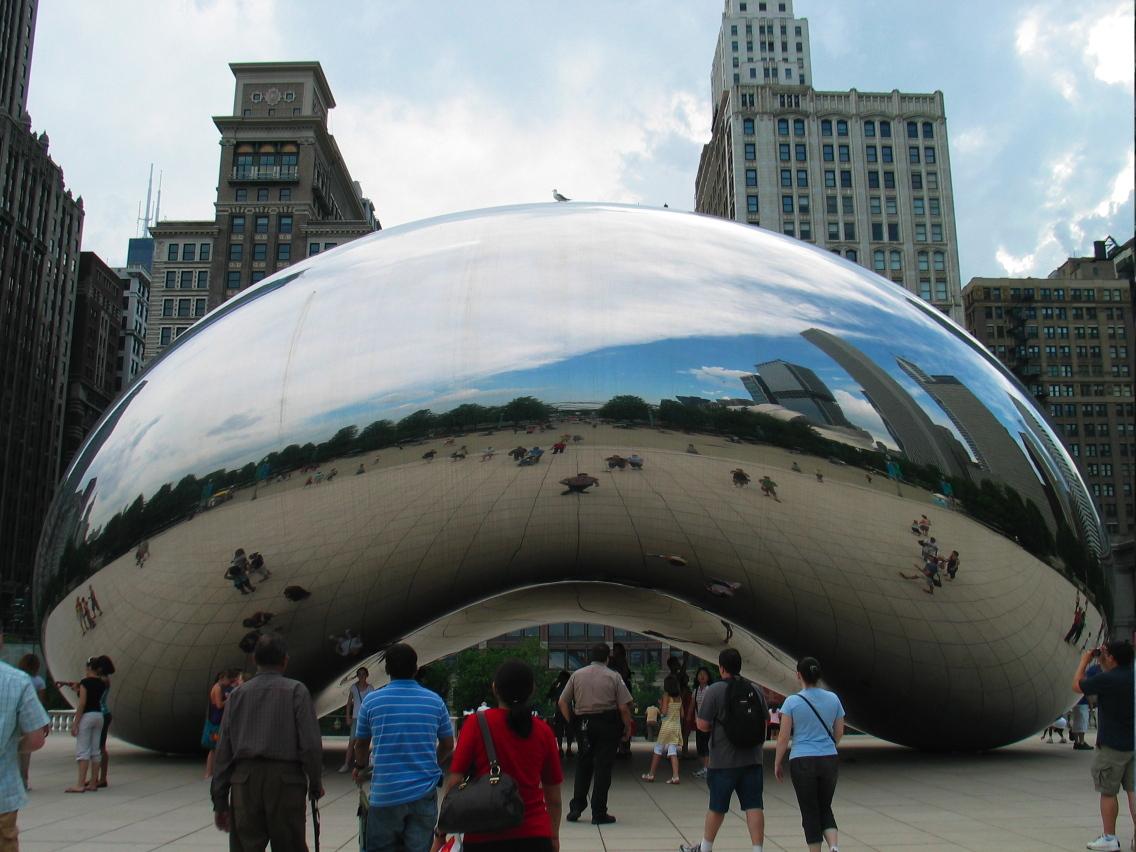Last week, Google announced (in a low-key blog post) that they are sculpting a new computer operating system, Chrome OS. Starting with an armature of Linux, it will carve off the Desktop and cast Google's Chrome web browser as its user interface. Other common operating system features will be chiseled away to allow its computing power to better support web activities and improve security.
To furnish the all-important documents and applications, Chrome OS will depend on the Cloud, the growing network of remote web sites and databases erected on huge server farms such as those that Google operates. I've worked with a couple of the Google Docs applications (an implementation of Open Office), and found them to be a bit ponderous, but very useful for collaboration with remote colleagues. It's conceivable that a web-focused operating system could help polish their rough edges. But at the moment I'm happy to keep most of my "stuff" firmly on the ground and private.
I originally assumed that the name "Chrome" comes from Netscape's term for the controls and meta-fields of a web browser, usually gray-colored or metallic. Google certainly didn't want to imply that the browser/OS will be flashy but with little substance! However, given their stated intentions, I've now realized that the name must come instead from the Cloud Gate sculpture in Chicago's Millennium Park:
